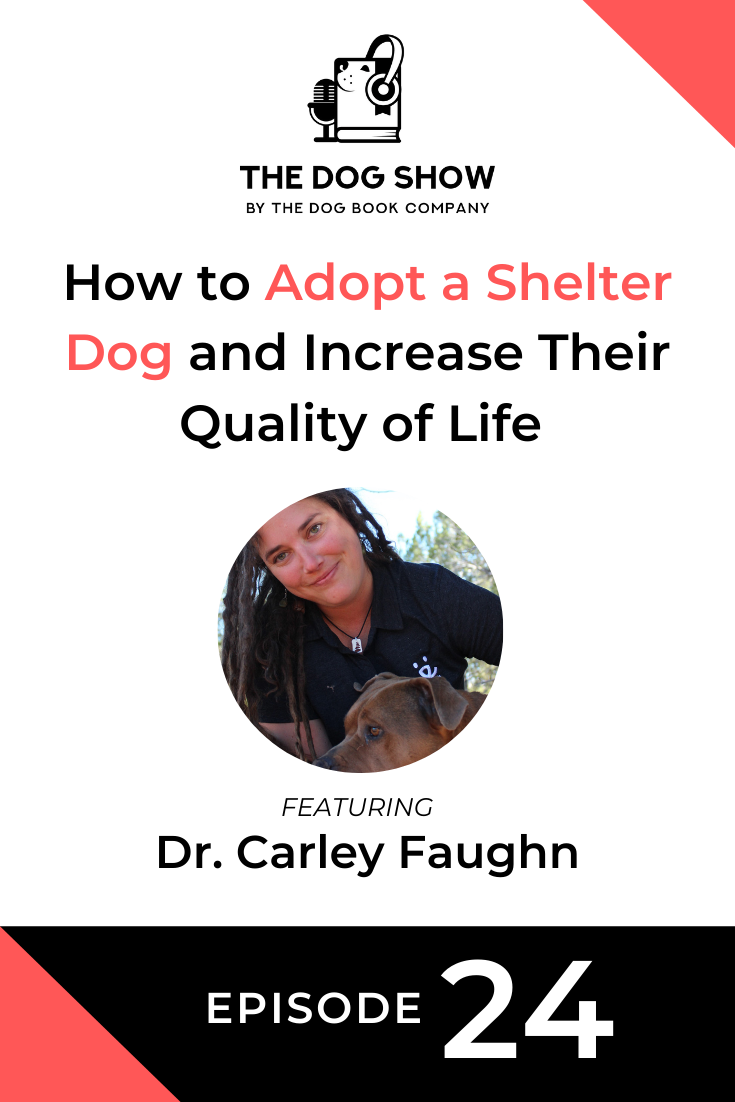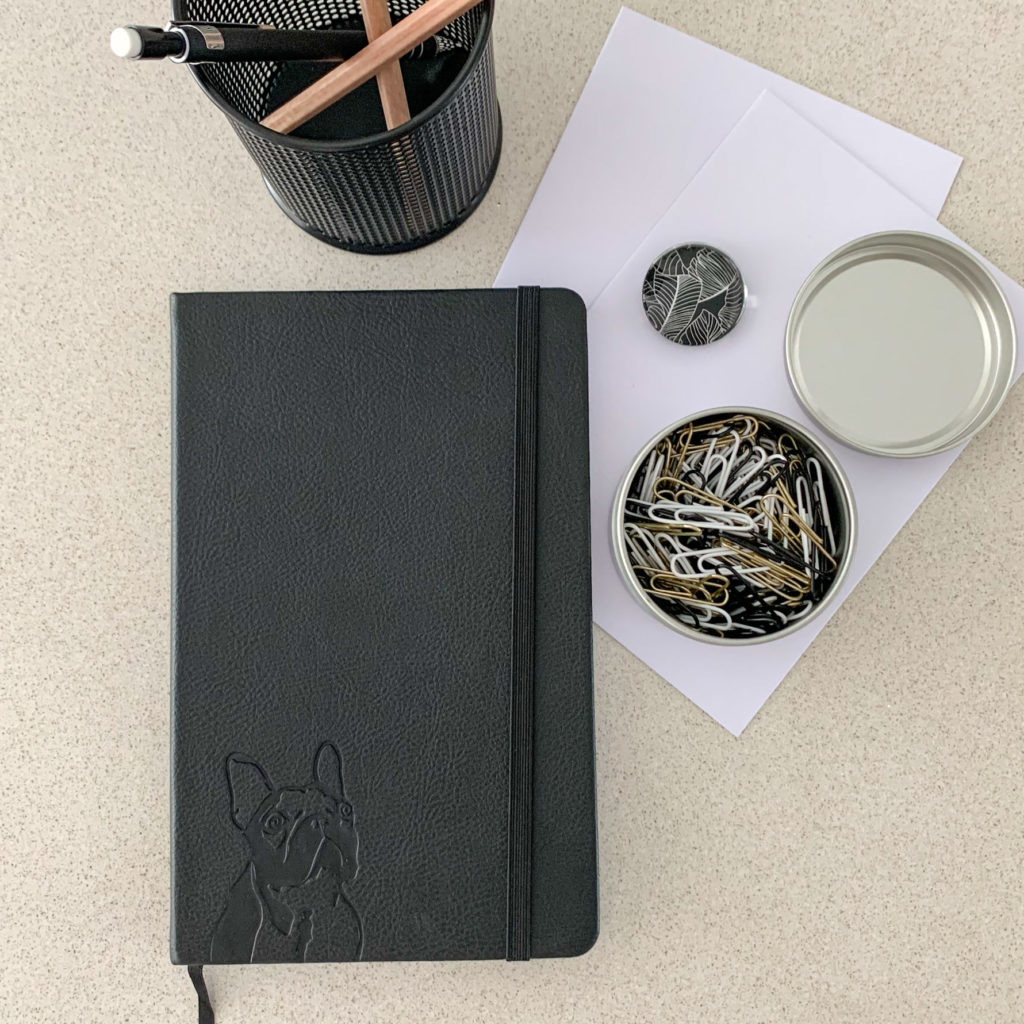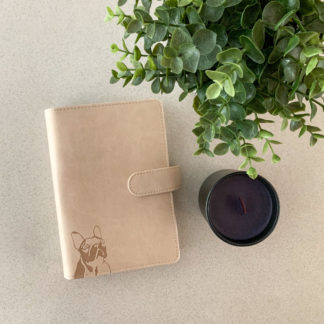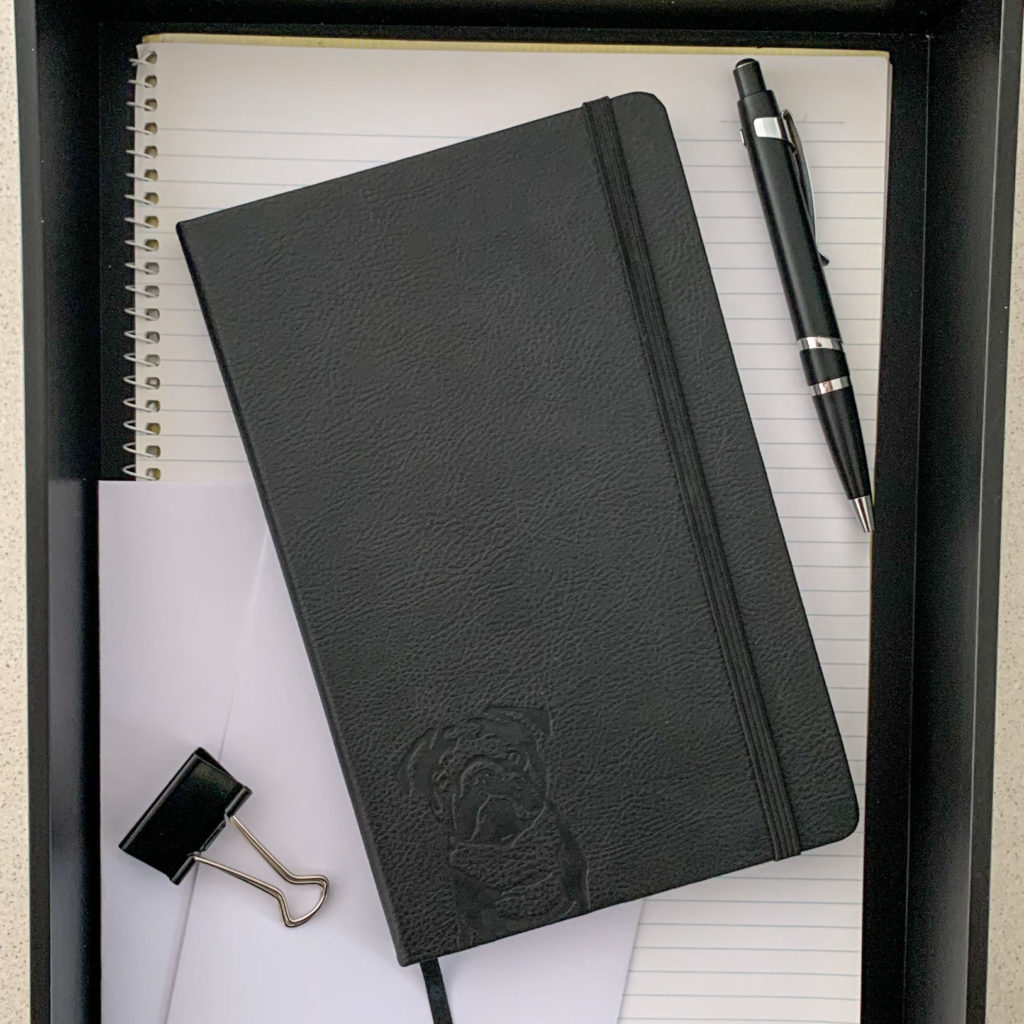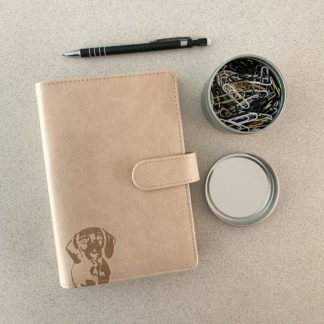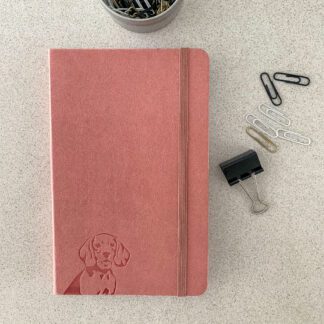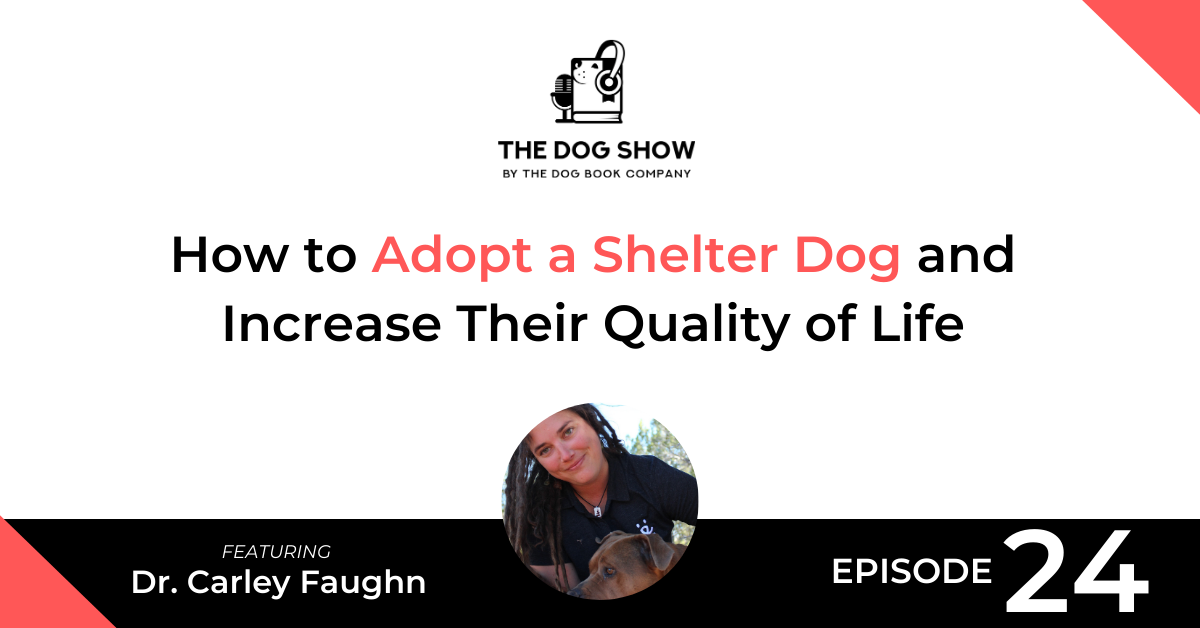
Are you thinking about adopting a shelter dog?
This episode of The Dog Show features Dr. Carley Faughn. Dr. Carley is the Senior Manager of Behavioral Rehabilitation and Research at Best Friends Animal Society.
Her focus is on solving advanced behavior challenges for dogs at the Best Friends Animal Sanctuary and is also developing lifesaving behavior modification models for shelters across the United States. Dr. Carley has a doctor of philosophy (PhD) focused on Cognitive Science from the University of Louisiana.
In the interview, we discuss the many factors that contribute to the successful adoption of a shelter dog.
Listen
Watch
Read
Will: This episode of “The Dog Show” features Dr. Carley Faughn. Dr. Carley is the senior manager of Behavioral Rehabilitation and Research at Best Friends Animal Society. The focus is on solving advanced behavior challenges for dogs at the Best Friends Sanctuary. And she’s also developing life-saving behavior modification models for shelters across the country. Dr. Carley has a Doctorate of Philosophy focused on cognitive science from the University of Louisiana. In the interview, we discuss the many factors that contribute to the successful adoption of a shelter dog. Dr. Carley, welcome to “The Dog Show” today. Thanks for coming on.
Dr. Faughn: Absolutely. Thank you for having me.
Will: Yeah. I’m really interested to hear what you have to share because you’ve got such a huge experience with dogs and animals in general, you’ve done so much research and you work with them every day. So, I’m sure that I’m going to learn a huge amount from you and everyone else will as well. So, I appreciate you coming on today. I just wanted to hear a bit more about your personal experience with dogs first. So, you’ve got two dogs of your own, I believe?
Dr. Faughn: Right. I’ve got two dogs of my own. We have a 14-year-old. She’s probably… We haven’t DNA tested the dogs yet. So, we’re planning to do that soon, but she’s probably a Border Collie Corgi Mix, about 45 pounds. And she’s like I said, 14, and then we have a youngster who’s about 3 years old who is I would guess some kind of Bull Terriers Shar-Pei Pitbull Mix. A very interesting mix of breeds.
Will: Okay. And is there anything… I guess you’ve got so many different breeds and mixes in there. do they lean towards one breed more than another in terms of their personality and their tendencies?
Dr. Faughn: You know, it’s so hard to tell because you know, it’s a big topic of conversation is breeds and everything, but it’s, you know, I treat every dog as an individual and because we don’t really know their genetic makeup, it’s, and they have such mixed breeds in them. There’s some attributes about their breeds, you know, my Border Collie Corgi Mix definitely has more of that herding instinct than my other dog, but yeah, I think that would probably be the biggest distinction.
Will: Okay. I’ll frame it a different way then. What do you love most about your dogs?
Dr. Faughn: Well, my 14-year-old, I’ve had her since she was three months old, so she’s really my heart dog and my first dog that I, you know, have as an adult on my own. So, she’s of my constant companion. She goes everywhere with me. She traveled with me during my dissertation research all over the country. So, she’s that easy-going good with everybody kind of dog. And whereas our other kiddo, who’s about 3 years old and I adopted him from Best Friends Sanctuary here about two years ago or so, and he’s the biggest goofball and he’s also the biggest snuggler I’ve ever met. So, he’s about 65 pounds and wants to be in your lap all the time, wants to be next to you all the time. So, definitely, if you’re having a bad day, he’s right there for you, but he’s also extremely athletic and can just impress us with his vertical jumps and how he can just do it so effortlessly.
Will: All right. So, lots of activity, I guess, for quite a big dog as well.
Dr. Faughn: Yeah. Yeah. He’s all muscle. He’s actually what we call like a low rider. He’s not very tall, but he’s just nice and bulky.
Will: How active is the 14-year-old Collie cross Corgi?
Dr. Faughn: Her activity has gone down a little bit, but I swear… So we moved here to Kanab, Utah from Lafayette, Louisiana about four years ago. And you know, she was about 10 years old at that time and creeping up there in age. And this apparently is her dream environment, the desert, and just running and chasing the lizards and hiking. We’ve always been avid hikers, but she still is very active, but I have to tell her to slow down because she thinks she can do more than she can.
Will: Yeah. And in 14 is, you know, getting old, I guess, in dog years, right? So, but it’s great that she’s still super active and loves getting out and about, I guess that’s probably the Border Collie in there a little bit coming out.
Dr. Faughn: Yeah. I think so. Yeah.
Will: So, you’ve got a really extensive background with animals in general, but also more specifically dogs. Can you share how you ended up working in the Best Friends Animal Society, what led you there?
Dr. Faughn: Yeah, you know, I was originally going to be a primatologist and was a primatologist for some time. So, my Ph.D. is in cognitive science with a focus on animal behavior and cognition. And I’ve worked with non-human primates dogs and cats since 2007 or so. So, all through my undergraduate and graduate careers, not just from the literature perspective, but working in a variety of shelters and learning about how to collect various research in shelter environments and primate sanctuary environments. And when I moved on for my Ph.D. to Louisiana, I was deciding between, do I want to focus on dogs or do I want to focus on chimpanzees? And for my dissertation, I decided I’m going to focus on chimpanzees and go study with a specific primatologist in Louisiana. However, I never lost focus of working with dogs and cats and immediately jumped into working with a rescue there. And they’re called Acadiana Animal Aid.
And that’s honestly when I really learned about Best Friends Animal Society because Best Friends has, you know, thousands of network partners, shelters, and rescues across the country and Acadiana Animal Aid was one of them. So, that was really when I learned about Best Friends and was really able to apply my scholastic knowledge in an applied way in working with the dogs, I worked with the cats as well, but I was more on the dog side. There’s just more challenges that came up behaviourally for me to learn more about training. And so, I really took on that role, played almost every role in that organization, and eventually became executive director my last semester of my Ph.D. But during those three years or so, where I was director of that rescue was when I became really close with Best Friends. And they sent out some of their trainers to work with us. We co-hosted nice workshops for network partners in the area. I went to their conferences and just really started building relationships with various people within the organization. So, initially, when the Dogtown manager position became available, I jumped right on that. I wanted to join this mission, this movement, and be a bigger part or a different part of the movement. And so, I quickly applied for that. It was sad to leave my family, my animal, and work-family at Acadiana Animal Aid. But, you know, I’d already learned so much from them. And I was executive director and I really wanted to step back and I felt like I kind of gone a little too fast and I wanted to step back to really get back into the hands-on work with the animals and focus on that and the Dogtown manager position seemed appropriate. And long story short, I got that position. And then I’ve been with Best Friends for almost four years. And now, I’m the senior manager of Behavioral Rehabilitation and Research. So, I’m really able to take everything I’ve learned from working in Louisiana to my graduate studies and conduct some applied animal behavior research.
Will: So, your role at the moment, that behavior rehabilitation role, what does that entail? Like what’s a day look like for you at the moment?
Dr. Faughn: Yeah. So, typically, we would have a team of two trainers or so, but right now we have one. And so, we just revamped our behavior program. There’s behavior training happening all across what we…it’s area called Dogtown at the sanctuary here. And it’s divided up into a variety of different areas. And so, different housing for different dogs and things like that. So, we typically, right now, our population is about 250 dogs, but with only myself and one trainer, we really have to prioritize our population. So, we have a new program that we’re calling it’s called right now, the advanced behavior program, that’s based in one building of Dogtown. And what we do is we decide with the team, with the Dogtown team and leadership, which dogs really need that focused training, really need that training every single day, sometimes it’s multiple times a day, to help them overcome whatever behavior challenges they might be presenting and, of course, increase their adoptability with the goal of getting them into a home.
So, we have, you know, typically, 13 or 15 dogs in the program, specific behavior modification plans, and enrichment plans for each of them. It’s not just me and our trainer doing the work, we’re working directly with the care specialists, because the goal of this program is to really figure out how can we do more behavior modification in a typical shelter environment, and what kind of skill sets are needed for the caregivers to be able to do that and implement that into their daily routines and all their other responsibilities they have to do. So, I spend a lot of time with that program overseeing it, and so that’s the behavioral piece of it. So, yeah, it’s all about relationship-based training and really looking at dogs as individuals. And we’re not just working with them in the building, we’re really proofing their behaviors with other people on-site at the sanctuary. So, a lot of the dogs have what we call stranger danger, difficulty meeting new people. And so, they can become and build relationships with us, but we’re not the ones taking them home, right? So, we need to teach them to generalize their skills, not just to other people, but other people in different contexts. So, we’ll come to bring the dogs to town and see how they react to different situations. We use a hotel room to kind of give them a more home-like environment and see what behaviors are going to present, how well they can generalize what we’ve taught them at the sanctuary into a home-like environment.
Will: Interesting. So, you’ve got your hands full I think.
Dr. Faughn: A little bit. Yeah. It’s fun though.
Will: I’m intrigued to hear a bit more about how Best Friends kind of operate. So, you have 250 dogs there, which is, you know, a lot of dogs to handle. I mean, how many because like, I guess one of the great things about Best Friends is that it’s a no-kill sanctuary. How many of those dogs, like are they all a range of different ages? How many of them are you actually finding homes for and how does that all work?
Dr. Faughn: Yeah. So, it’s all ages, all ranges, all breeds, all sizes, everything in between. You know, we do have some dogs that right now we deem as sanctuary only and probably not adoptable unless they were to go home with one of our staff members, but those are things that we’re always working on. So, it’s been interesting I’m going to bring up COVID because, you know, our operations had to change so much and transport stopped, you know, so our intakes kind of slowed down and things like that. Because we bring in transports from all over the country. So, there was a pause for that for some time for safety reasons, obviously, because of COVID. But our population is typically like normally around 350 or so. And so, what happened was our really easy to adopt dogs were just flying out the door and flying into foster homes and we were actually able to then spotlight some of our other dogs that have kind of minor challenges, you know, minor jumping mouthy behaviors, some impulse control, sometimes difficulty meeting strangers or leash reactivity. And when you see a dog that has one or more of those kinds of challenges, even if they’re minor, but then you see this other dog that doesn’t have any of those challenges, it’s easy to pick that other dog. So, when our population changed and we were able to spotlight these longer time residents, we’ve seen just an amazing uptick in adoptions for our longer time residents.
Will: Well, that’s a good thing I guess. I was interested to see because I mean, you hear so much about adoption and people getting puppies a lot more during the, you know, because they’re at home and locked down during what’s going on in the world at the moment. I didn’t think that it would open up the opportunity, therefore, you can kind of focus a bit more energy on, I guess the more difficult or more troublesome dogs that need a bit more work.
Dr. Faughn: Yeah. Yeah. I mean, we were just as surprised. Yeah. And I think it really just goes to show also though how well the Dogtown team works across the board. It’s not just me and the trainers or the behavior program, everyone is working and training across the board with their dogs. And it just goes to show like how far that hard work can go.
Will: I mean, dog behavior is complex, right? Like it’s not an easy topic to understand as a dog owner or, you know, I’m sure a lot of new dog owners, especially quite across exactly how to understand dog behavior. So, how do you educate new like adopters about dog behavior and what they should be looking for?
Dr. Faughn: Yeah. You know, when we’re talking with adopters, we want to learn about their lifestyle and what they’re looking for and what kind of companionship they’re wanting. So, it really is about finding that right match. So, you know, we’re going to talk to them about, that’s the first thing, the lifestyle and what they’re looking for, what age, what breed, potentially, what size, you know, things like that. But it’s all again about understanding the dogs at the individual level. And I think the most important piece when we were going through that coaching with adopters and even fosters is teaching them about canine body language. It’s the most important thing because it’s for the whole household to understand. And there are some really great resources out there for, you know, cater to children that’s more intriguing for them to learn about dog body language and when to stop and when to go and things like that. So, I think that’s the foundation of what’s most important for adopters to learn about because it’s not just, you know, they’re like us, they have different personalities, they have different likes and dislikes. Every dog is not the same. And I mean, oftentimes people will kind of want to get a dog they’ve had in the past or a dog that is similar to another dog that they’ve met and that’s definitely possible. But you need to pay attention still to that dog’s body language all the time. Not just when you’re at home, when someone’s coming in the house. If you want a dog that’s gonna go out for patio dining with you, we need to know that so we can set you up for that success.
Will: I think it’s actually tricky as well. One thing I noticed is tendency of owners is that they almost treat the dog sometimes like it is a human, but you know, they’re quite different. And as you mentioned, like understanding, you know, the body language of dogs. I mean, most people that haven’t had a dog before, or even maybe people that have had dogs before wouldn’t have a clue about what each thing a dog does means. They’re probably looking at it from a human lens, which is totally different.
Dr. Faughn: Yeah, absolutely. Yeah. And understanding that kind of setting your expectations on who that dog is and what you want again, you know, we can lay it all out and we can set up a really great match, but again, paying attention to who they are in different situations is so important. And I think another big piece that I talk about all the time is that mental enrichment and exercise is just as important as physical exercise. So, you know, I would say a typical dog owner, you know, goes to work, comes home, you know, walks their dog in the morning and walks their dog in the evening, and that’s great, but we need to give them more if that individual yearns for more, some don’t, you know. But it’s really important to figure out what kind of toys they like if they will engage with food puzzles, you know, food dispensing toys. So, really catering to who they are, both at the individual level, but at the core of being a dog. We need to teach them how to live in our human world and teach them how to express themselves appropriately. You know, so if we have a dog that wants to dig a lot, that’s a natural behavior for them. That’s not a negative behavior. It could end up being if it’s obsessive or something, a stressful behavior, a coping mechanism, and that’s something we would want to look into. But if I have one dog that is a digger personally, and we’ve just taught him this is where you dig and you don’t dig here. You know, so we’re just reinforcing him, giving him positive encouragement when he’s digging in the places we want them to and when he’s digging in other places, recall them back to us and work on that recall.
Will: Yeah. I think you’ve got the benefit of being able to teach those behaviors based on your experience and all that kind of stuff. For potentially a new dog owner or, you know, someone who’s adopting a dog from friends or another shelter, what kind of questions should they be asking the shelter? And I guess from your perspective as the sanctuary or another shelter, how much are you actually assessing the owner as well?
Dr. Faughn: Yeah. That’s a really good question. You know, we really embrace open adoptions and we don’t want to judge anyone based on appearance or anything like that. We want our dogs to go home. So, you know, your first question of what should people be asking the shelters or sanctuaries when they’re adopting is asking about their medical and behavioral profiles. What do they know about them? Sometimes we don’t know anything when the dog comes in, but we learn about that individual while hearing for them. So, we can give them some kind of information, even if they came in with no information. So, asking them about their medical history, asking about their behavior history, how are they meeting new people, do they get along with other dogs, or are they kind of dog selective? Again, thinking about your lifestyle. If you’re going to want to go over to a friend’s house for a barbecue and they have dogs and you want to bring your dog, you need to keep that in mind. So, those are some of the kind of basic common questions I think that I would start with and asking shelters and rescues about.
Will: And on the flip side, like you mentioned, you don’t like to judge anyone, which is great, but are you asking certain questions of owners to make sure that the dog is going to a place where it’s going to be you know, looked after properly?
Dr. Faughn: Yeah, definitely. I mean, it’s very much an open conversation and not to sound repetitive, but again, asking them about their lifestyle and what’s their day to day and what are they looking for in a companion? You know, do you want someone that’s gonna stangle up on the couch or bed with you to sleep? Maybe, some people do, some people don’t, they want a dog that’s just gonna kind of be there and maybe be their running friend and things like that. So, it’s really just getting to know the person or the people or the family or whoever it might be that’s looking to adopt so that we’re going in our own minds and through our database and thinking, okay, these are the dogs we’re going to introduce you to and see how that goes.
Will: It does sound like it’s kind of like a matchmaking thing. And really understanding the lifestyle and then understanding what the dogs like, the behavior of the dog, and making sure that that’s going to be a good fit. What else makes for a successful adoption?
Dr. Faughn: So, I mentioned relationship-based training earlier on, and that’s something that I personally am a strong advocate of. And so, as Best Friends, and we have a lot of resources on our website about relationship-based training. And it’s primarily, you know, positive reinforcement so when they’re doing something, a desirable behavior or behavior you want them to do, you reward them, whether that be with the trig, game of tug, or petting or like a happy vocalization to them. So, you know, I think learning about how to build that relationship with your dog through positive experiences is absolutely important. You want that trust and you want to build that trust and it needs to be mutual. And so, you know, again, dogs come from all kinds of situations and, you know, we have a lot of fearful dogs or sensitive dogs. So, again, understanding that body language and learning how to incorporate some really simple relationship-based training would be critical as well as some enrichment for them.
Will: Do you have like a feedback loop with adopters after they adopt the dog? You know, what does that first couple of weeks, couple of months look like when they’ve adopted a dog?
Dr. Faughn: Yeah. So we typically do like a two-day, two-week, two-month or three-day, three-week, three-month follow-up, and myself and our trainer like if there’s any behavior challenges that come up, then they’ll introduce them to us and we’ll do some virtual consults and talk through any behavior challenges they might be having. We’ll even write up training plans for them and go through them with them, talk about specific enrichment, gear them towards even webinars and you know, other virtual learnings specific to the challenges that they’re having. So, I’d say we have a pretty close relationship with most of our adopters and it’s really nice because they send us great updates with pictures, and it’s so reinforcing for everyone, for all of our staff, because we know that not only did we get that dog into a home, but because we got that dog into a home, we’re able to turn around and save another.
Will: Yeah, I think that’s great. How much like you’re impairing new owners or adopters with the information they need and the resources they need to be able to build those relationships with the dogs early on and understand their behavior. I guess is there any situation where you’d say, let’s say I’m a dog owner and I’m thinking about adopting I guess all of this information you’ve provided today, like coming in with the right questions and being informed about dog behavior and what type of lifestyle dog you’re looking for, all that kind of stuff is really helpful. Is there anyone that you would kind of recommend not to adopt or is there any situation where you say don’t, you’re probably not suited to adopting?
Dr. Faughn: I mean, you know, that’s a really tough question because again, we embrace the open adoptions. I thought a lot about that question because if we weren’t sure or if they weren’t sure, then I would encourage them to foster a dog first and get that experience and see what that’s like. Because again, talking to them about the life-saving opportunities, we always want to take advantage of that opportunity, you know, so if you foster a dog, we can save another it’s okay if it doesn’t work out, we’re here for you to bring the dog back any time. But, you know, I can’t think of really specific situations. I mean, we don’t want dogs living out, tied up on chains, you know, on trees, things like that. We want them to be a part of the family. And so, that’s a big piece of it. And obviously just making sure that their general needs, well-being, that they’re not going to be left outside in the cold or the heat, things like that. If they’re working long hours, you know, then talking to them about having someone pop in and take the dog out for a potty break, you know? So, it really becomes a coaching opportunity and a learning opportunity and the typical situations where you might think, oh, I wouldn’t adopt to this person for this reason. That could be a valid reason, but it’s an opportunity to teach and educate as well.
Will: Yeah, that’s interesting. And I like that you brought up the fostering thing as well. I think that could be a good way for if someone’s a bit unsure, you know, make sure that they’re educated and they have all the right questions and all that kind of stuff, but maybe just give it a go and it’s also helping out the shelter. So, it’s a good relationship there and they’ll probably fall in love with the dog anyway.
Dr. Faughn: Yeah, exactly. It usually goes that way.
Will: Yeah. Yeah. Great. Well, Dr. Carley, thanks so much for all the you know, great tips you’ve shared today about adopting dogs and you know, all the amazing things you’re doing at Best Friends Animal Society. I was going to say shelter, it’s not shelter. So, where can people find out more about your background? I’m sure they’d be intrigued to find out about everything you’ve done in research and everything as well, but also at Best Friends, where’s the best place for people to go?
Dr. Faughn: So, for Best Friends, just go to the main website, bestfriends.org. For me, I’m on different profiles, like research gate and things like that, but there’s not really a direct link for me. I don’t have a page or anything. But you know, we have all kinds of training plans that me and my behavior team have written on our bestfriends.org website. So, there’s just so many resources out there for cat and dog owners, you know, adopters, fosters, everybody. So, it’s a really great place to start and we’re going to try and get some more videos up there as well.
Will: Yeah. Perfect. So, I’ll get everyone to check out the Best Friends website to make sure they look at all those resources, and thank you so much for coming on today and sharing all that information. I really enjoyed it and I’m sure everyone got a huge amount of benefit from it.
Dr. Faughn: Absolutely. I enjoyed it. Thanks for having me.
From Our Store
-
French Bulldog Coffee Table Book – The Book of Frenchies
From: AUD $59.99 Add to cart -
Dachshund Coffee Table Book – The Book of Dachshunds
From: AUD $59.99 Add to cart -
Pug Coffee Table Book – The Book of Pugs
AUD $59.99 Add to cart -
French Bulldog Notebook – A5, Hardcover, PU Leather, 100gsm Lined Pages, Bookmark (Three Colours)
AUD $34.99 Select options -
Dachshund Notebook – A5, Hardcover, PU Leather, 100gsm Lined Pages, Bookmark (Three Colours)
AUD $34.99 Select options -
French Bulldog Planner – PU Leather Exterior, Metal Loose Leaf Ring Binder, 100gsm Paper (Two Colours)
AUD $64.99 Select options -
Pug Notebook – A5, Hardcover, Black PU Leather, 100gsm Lined Pages, Bookmark (Three Colours)
AUD $34.99 Select options -
Corgi Notebook – A5, Hardcover, Black PU Leather, 100gsm Lined Pages, Bookmark (Three Colours)
AUD $34.99 Select options -
Dachshund Planner – PU Leather Exterior, Metal Loose Leaf Ring Binder, 100gsm Paper (Two Colours)
AUD $64.99 Select options -
Vizsla/Weimaraner Notebook – A5, Hardcover, PU Leather, 100gsm Lined Pages, Bookmark (Three Colours)
AUD $34.99 Select options -
Cavoodle Notebook – A5, Hardcover, Black PU Leather, 100gsm Lined Pages, Bookmark (Three Colours)
AUD $34.99 Select options -
Beagle Notebook – A5, Hardcover, PU Leather, 100gsm Lined Pages, Bookmark (Three Colours)
AUD $34.99 Select options
